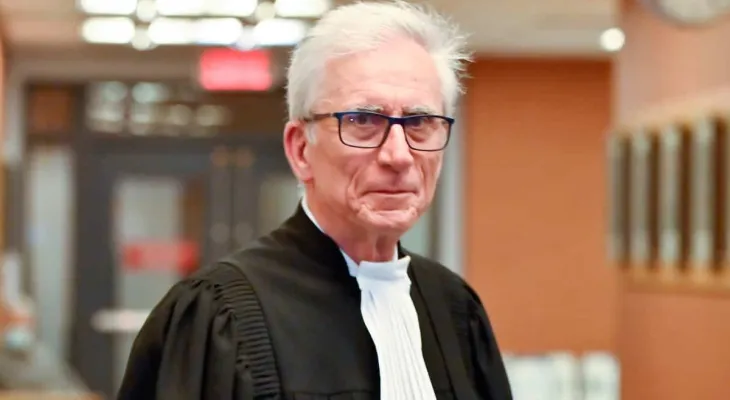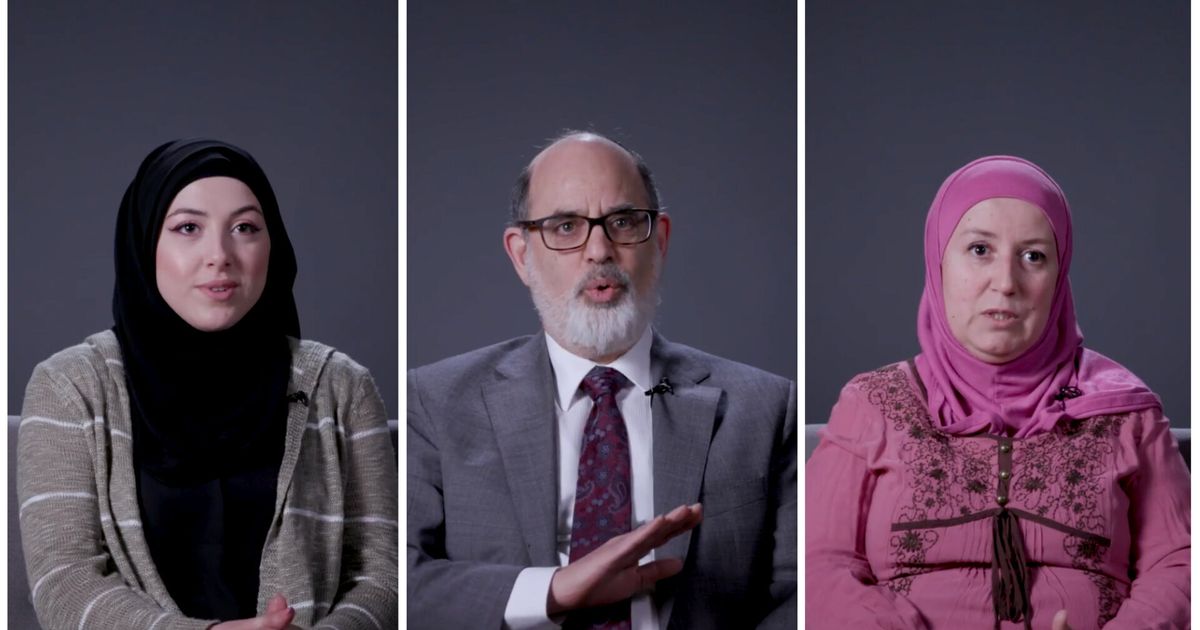Search here
Newspaper
Search here

Arab Canada News
News

Published: December 13, 2020
The controversy sparked by the adoption of Law 21 still continues among the components of society within the Quebec district... a law that many Muslim women see as having crushed their dreams by preventing them from holding government jobs within Quebec.
While the Quebec government presents justifications defending its adoption of this law, the most prominent of which is that it "breaks the restrictions imposed on women by oppressive religions," the Canadian Islamic Congress sees this law as discriminatory and undermining the social cohesion rules upheld by members of society.
What can theoretically be deduced from the provisions of this law is that it prohibits wearing the cross, turban, and kippah. However, observers believe that this law aims to reduce the freedom margin of Muslim women. Because although it does not detail the issue of the type of religious symbols, it refers to the hijab.
In the same context, the "Quebec Secular Movement" believes that teachers have a duty of caution and should not display their religious beliefs in their work framework.
Along the same line, lawyer Luc Allaire said at the Montreal court: "We must keep in mind the interest of the children. Wearing the hijab represents a way of practicing religious belief, thus sending a message to those who see it."
Luc Allaire is considered a representative of the secular movement and belongs to the three groups supporting the government, against 17 groups and some individuals who want to repeal the secularism law adopted last year.
According to the provisions of Law 21, it prohibits, among other things, the wearing of religious symbols by judges, police officers, prosecutors, correctional officers, and teachers during the performance of their duties.
Nevertheless, these provisions are subject to the principle of non-retroactivity of laws. That is, individuals who were wearing religious symbols before this law came into effect can benefit from the "acquired rights clause," also known as the "grandfather clause," which allows them to continue doing so without fear of losing their jobs.
Teachers as Representatives of the State...

During the trial, teachers said that the issue of wearing the Islamic hijab is non-negotiable, simultaneously waving the card of freedom of belief even during teaching lessons. They seek to make their religious practices predominant, without questioning their potential influence on their students.
On the contrary, lawyer Allaire believes that teachers are representatives of the state and that all public institutions must be religiously neutral, pointing out that the aim is to give parents the right to hold to their children’s beliefs.
The same speaker emphasized that the impact of religious symbols on children is what should be taken into account. Supporting this view is his colleague Guillaume Rousseau, who said: during the trial, the teachers raised the consequences of not wearing the hijab, but overlooked the issue of those who see it.
Religious Neutrality is the Intended Meaning...
Allaire argues that this concerns the religious neutrality of the state and has nothing to do with religious freedom, refusing to resort to the exception clause to cancel the State Secularism law by the court. It is noteworthy that pleadings, before Judge Marc-André Blanchard, will resume next week with the two organizations "For the Rights of Quebec Women" and "Free Thinkers of Atheism," which defend the State Secularism law.
Comments